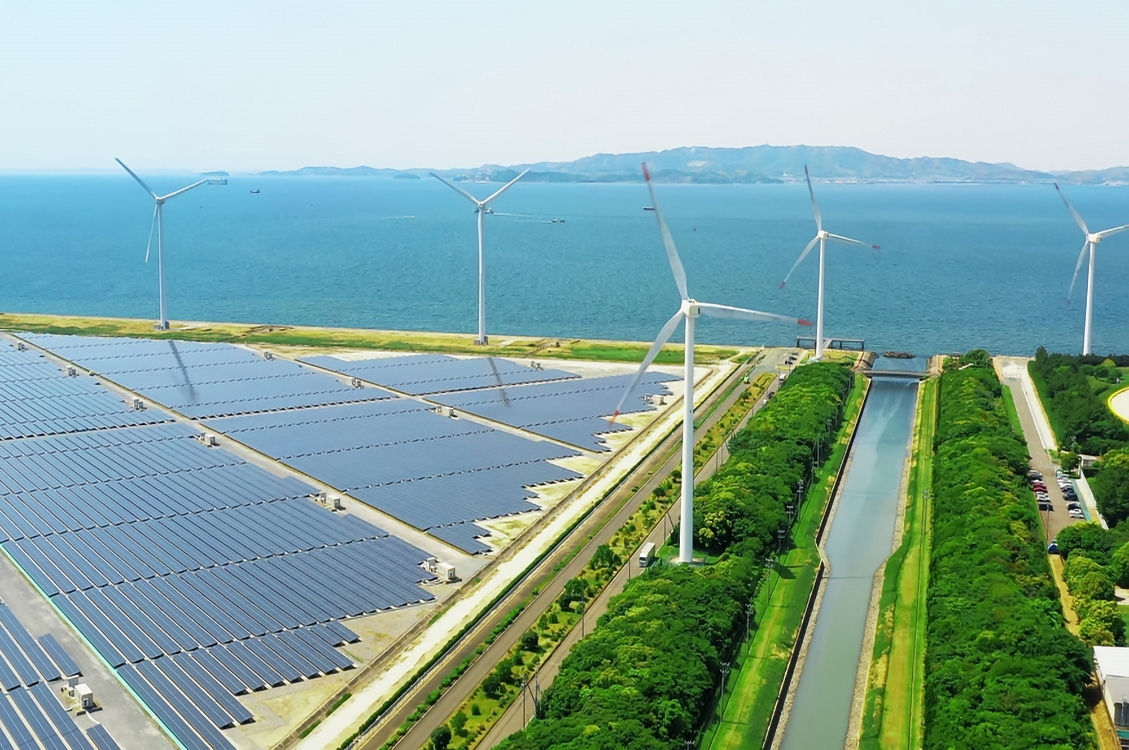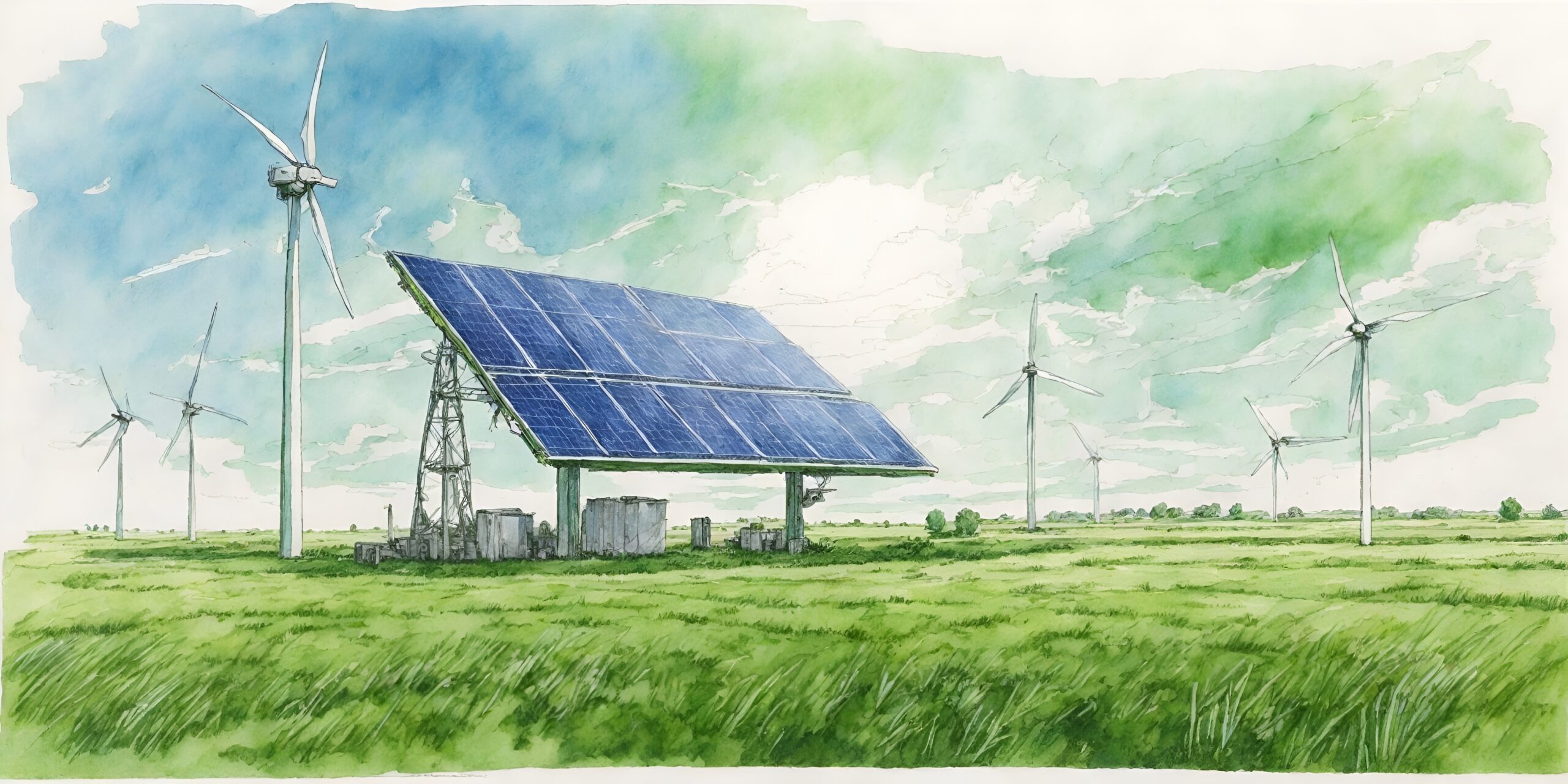EU’s Balancing Budgets and Green Investments
The EU has changed its financial laws to promote responsible expenditure as well as technological and environmental investment. New laws allow for country-specific standards and provide debtors additional time to pay if they make adjustments and invest. To cut pollution and accomplish renewable energy ambitions, the EU needs additional money. Because the NextGenerationEU money expires in 2026, there are alternate financing sources. A proposed $750 billion fund would support vital projects and enforce appropriate spending. This fund would cover most of the EU’s investment needs, with governments and private enterprises contributing the rest.
Read More







